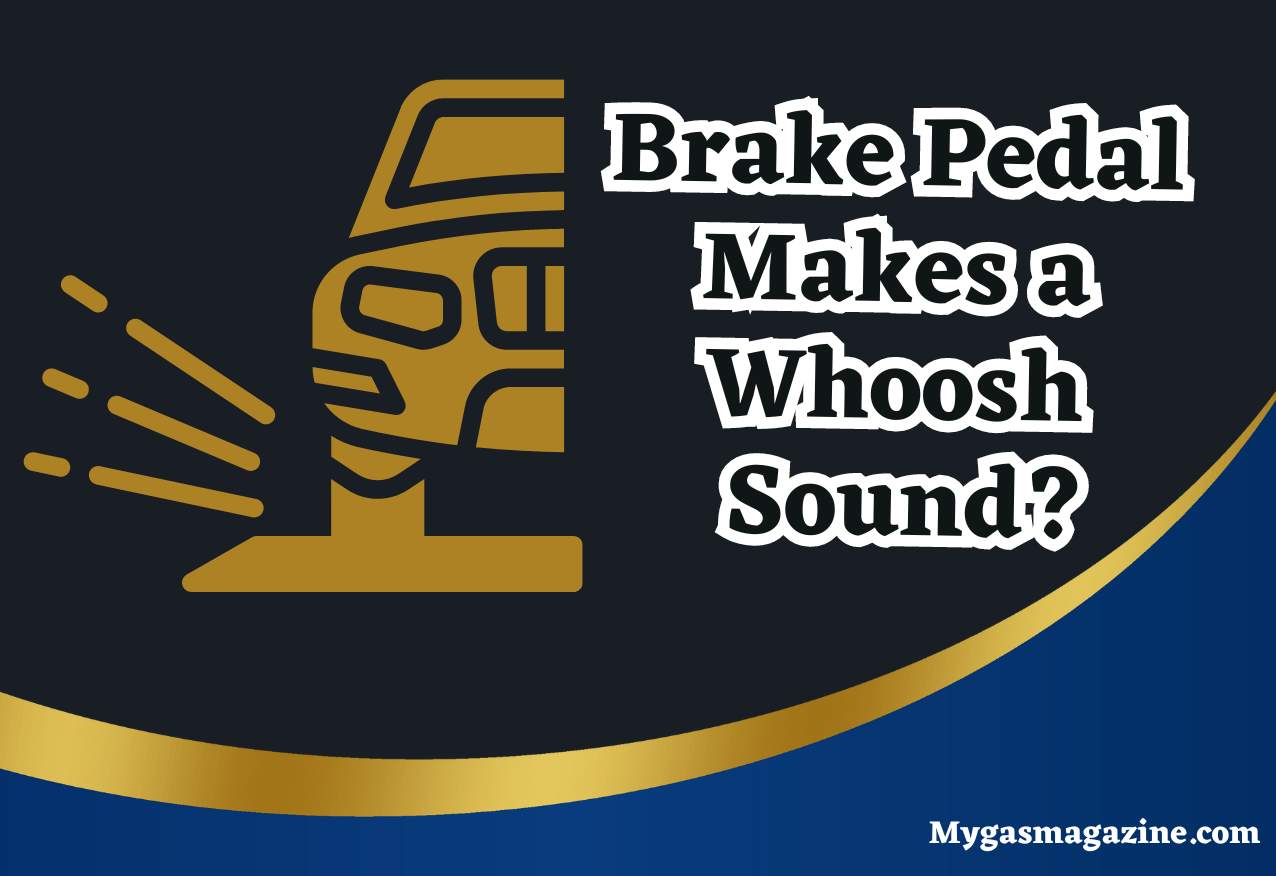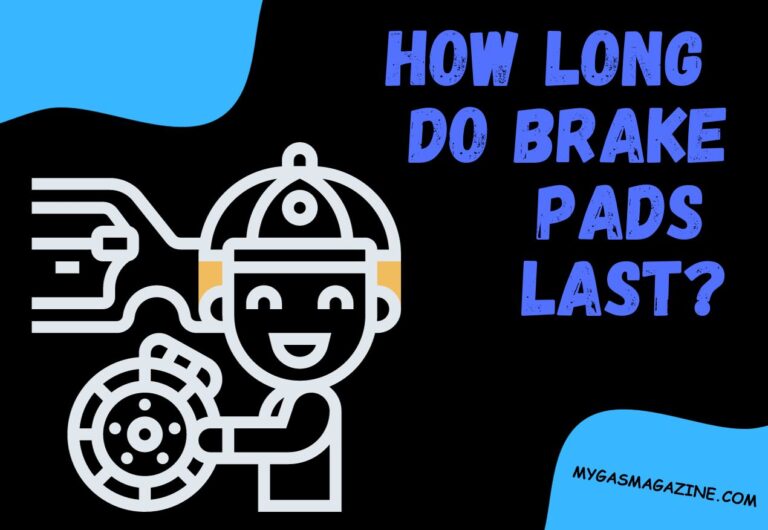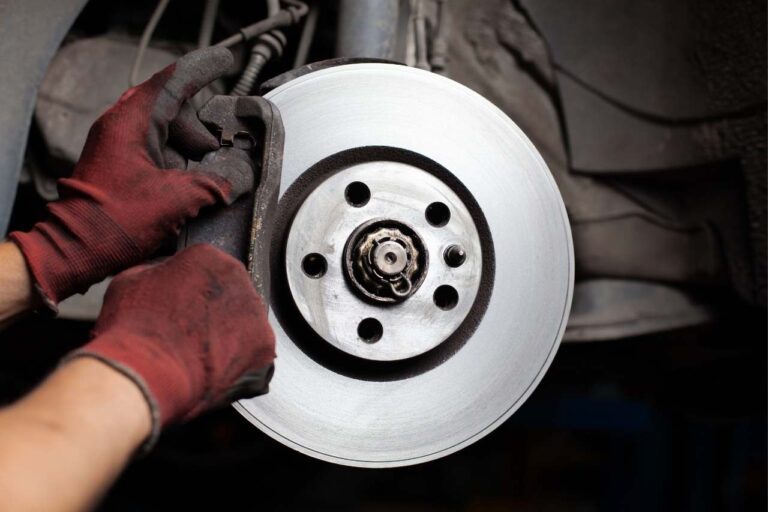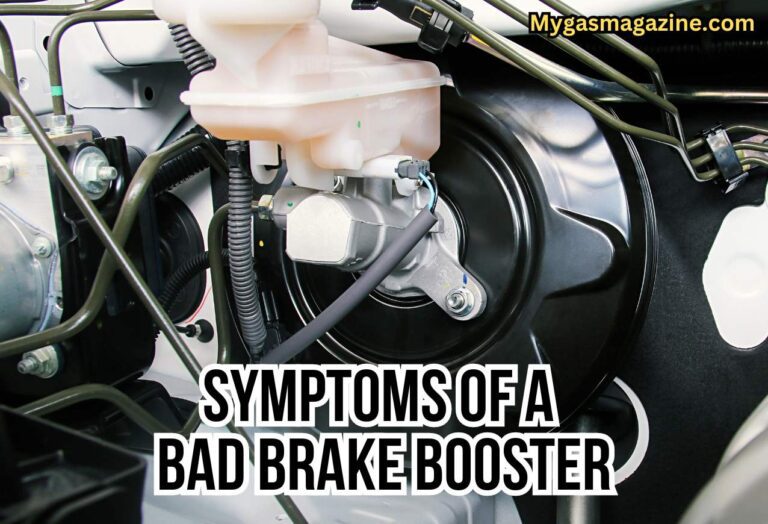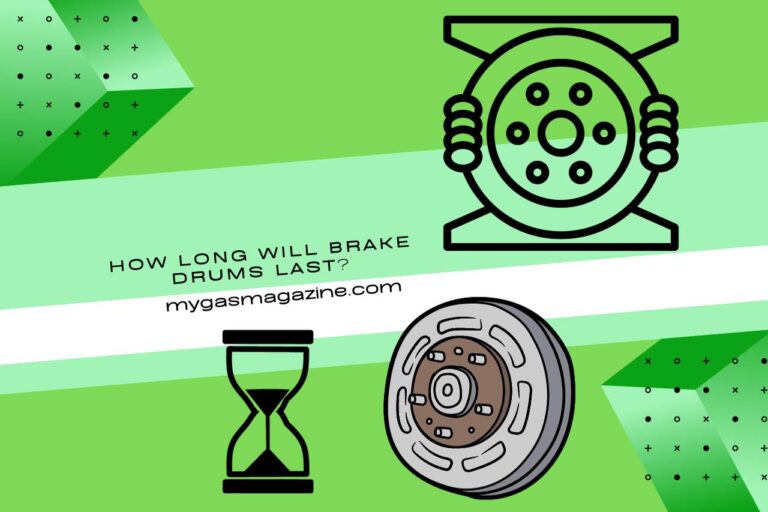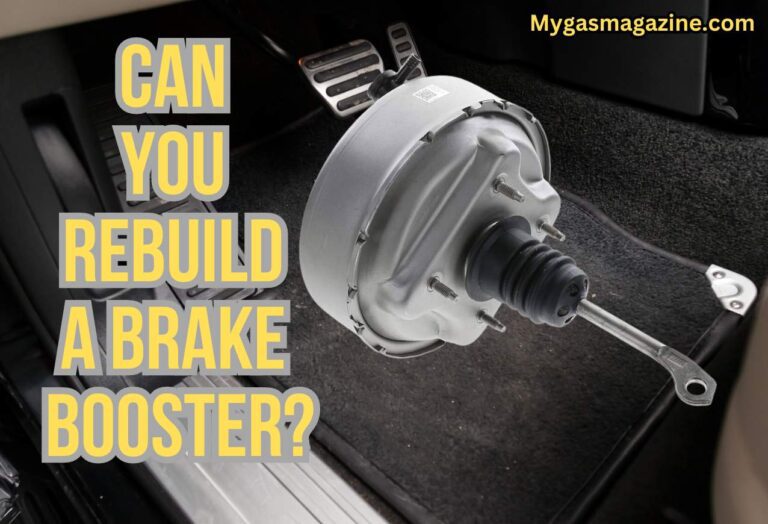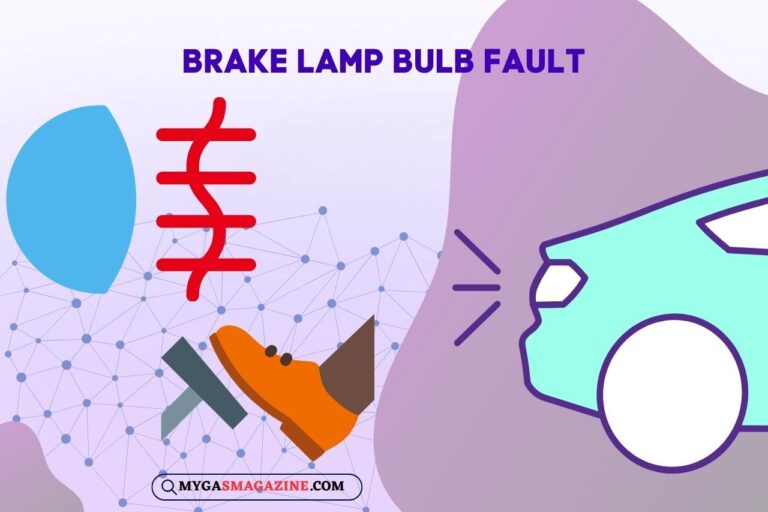Brake Pedal Makes a Whoosh Sound? Causes Explained
Do you hear a whoosh sound from brake pedals? Then, this piece of comprehensive writing is for you! Several issues can contribute to your brake pedal making a whoosh sound, but they are totally fixable.
If you go through the following detailed paragraphs, you will be able to find ways to address each cause. In fact, it is important to recognize this abnormal sound and fix it as soon as you can since it is a sign of a faulty brake booster. So, let’s start our troubleshooting discussion!
Why Does the Brake Pedal Make a Whoosh Sound?
Vacuum leaks in the brake booster, worn brake pads, debris in the brake system, and electronic brake booster system are some common reasons why you hear a whoosh sound in your brake pedal.
We’ve seen these issues many times, so let us explain these factors in detail.
Vacuum Leak in the Brake Booster
In lots of modern cars, there’s this cool thing called a brake booster. It’s like a helper for your brake pedal, making it easier to press. This booster uses the engine’s suction power to do its job.
If there’s a leak in this system, air can escape and make a whooshing sound. It’s kind of like a balloon with a tiny hole in it. This leak can also make the pedal feel harder to press, and it might seem like your brakes aren’t as strong as they used to be.
Worn Brake Pads
Although this cause is less common, it is still worth mentioning. When your brake pads get really worn out, they can sometimes make a noise as they rub against the metal discs (called rotors) in your brakes.
This sound is more noticeable when you’re going slow or just gently stopping your car.
Debris in the Brake System
Sometimes, stuff like brake dust or other tiny bits can build up in your brake system. As a result, there will be some friction and noise, and you might hear it as a whooshing sound. If the sound changes a lot in how loud or high-pitched it is, this could be why.
Electronic Brake Booster System
Some newer cars have a fancy electronic brake booster. In these cars, hearing a bit of a whooshing sound can be totally normal. But here’s the thing: if the sound is really loud, or if you see some warning lights on your dashboard, or if the noise changes a lot, there can be a serious issue.
Is it Safe to Drive When the Brake Pedal is Making a Whoosh Sound?
If you’re hearing a “whoosh” sound from your brake pedal, it’s a sign you shouldn’t ignore. As we explained, this sound often indicates an issue with the brake booster, a vital component that uses vacuum power to assist in braking.
When it’s malfunctioning, braking becomes harder and less effective. Imagine pressing the pedal and feeling less responsiveness – that’s a potential risk to your safety.
This issue doesn’t just affect braking efficiency; it can lead to longer stopping distances and potentially dangerous situations. It’s crucial to get this checked by a professional. They can diagnose whether it’s a simple vacuum leak or a more serious problem with the brake booster itself.
Remember, your brakes are your primary safety feature. Any change in how they sound or feel warrants immediate attention. For your safety and the safety of others on the road, address any brake issues promptly.
How Can I Check if My Brake Booster Is Failing?
To check if your brake booster is failing, follow these steps:
- Engine Off Test: With the engine off, press the brake pedal several times. You should feel the pedal get firmer with each press. This builds pressure in the system.
- Engine On Test: Start the engine while pressing the pedal. If the booster is working, the pedal should slightly drop under your foot. If it doesn’t, there’s likely a problem.
- Idle Test: With the engine idling, press the brake pedal and listen. If you hear a hissing sound, it indicates a vacuum leak in the booster.
If you identify a problem, remedies include:
- Check for Vacuum Leaks: Inspect vacuum lines for cracks or looseness.
- Booster Inspection: Look for physical damage or signs of wear.
- Professional Diagnosis: If unsure, have a mechanic inspect the system.
- Replacement: If faulty, the booster usually needs replacing.
How Much Does it Typically Cost to Replace a Brake Booster?
Replacing a brake booster typically costs between $300 and $700, depending on your vehicle model and labor rates in your area. This cost includes both the parts and labor.
Luxury or specialty vehicles might incur higher costs due to more expensive parts or complex installation processes.
We recommend shopping around for the best price from reputable service providers.
More Brake Pedal Related Articles
- Brake Pedal Soft After Bleeding?
- Can You Make the Brake Pedal Bigger?
- Brake Pedal Not Fully Returning?
- Clicking Sound When Pressing Brake Pedal?
Meet Lakith, the driving force behind MyGasMagazine.com. A seasoned mechanic with over 7 years of hands-on experience in our family-run Gas Mag Garage, Lakith combines his technical expertise with a deep passion for cars. His journey in the automotive world began alongside his father, learning the intricacies of car repair and maintenance. Today, as the founder of MyGasMagazine.com, Lakith shares his wealth of knowledge, offering readers a unique blend of practical advice, industry insights, and engaging stories from the vibrant car culture of Sri Lanka.

